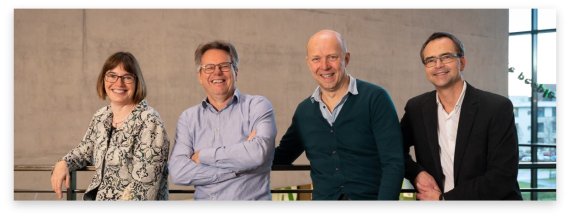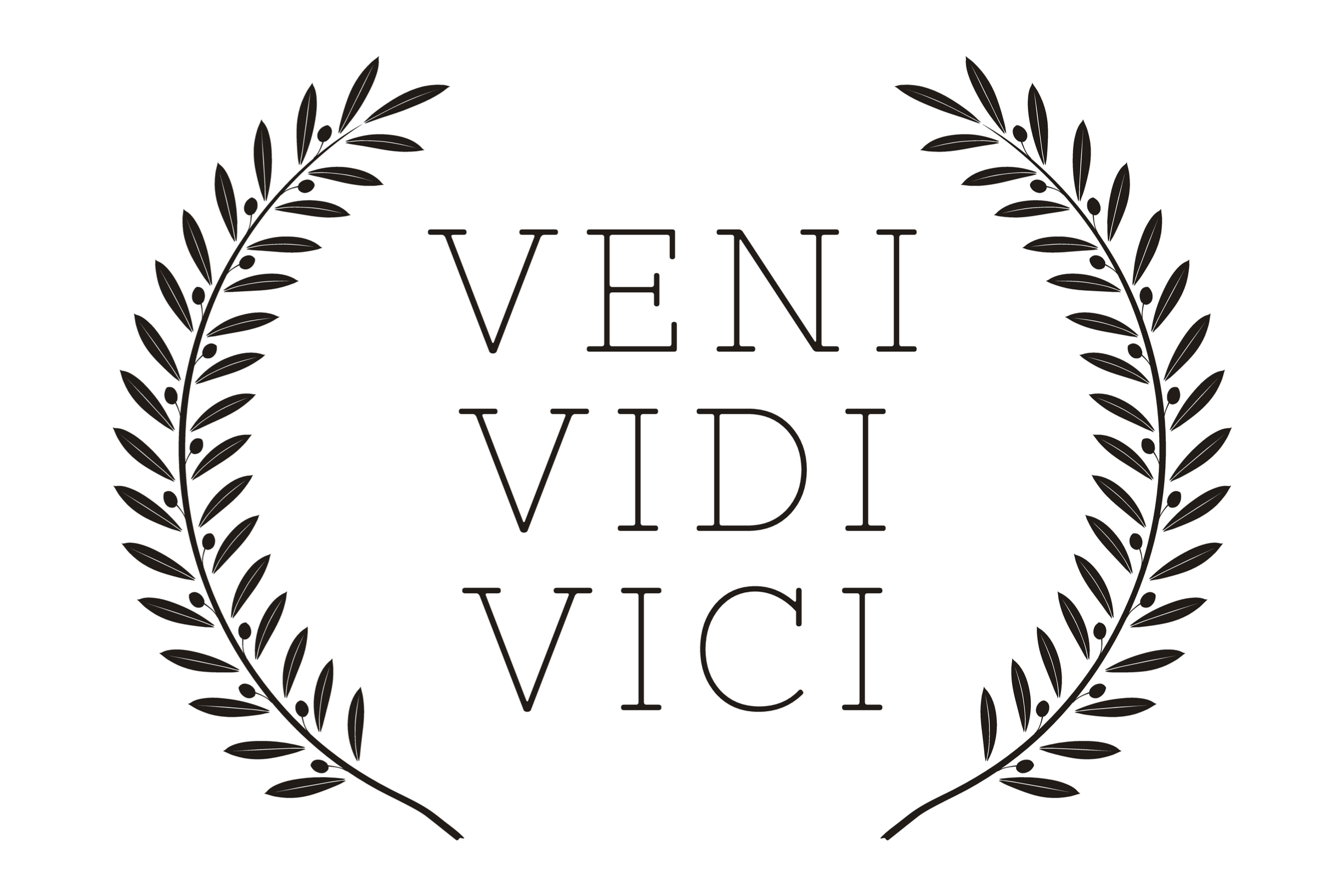Research leader Hauke Smidt hopes to find new microorganisms and conversion pathways.
Cheese gets its distinctive flavour because many different lactic acid bacteria species play a role in the conversion of milk to cheese. Microorganisms are often found to collaborate, not just in the fermentation of food but also in the digestion of food in our intestines and the purification of wastewater. Hauke Smidt, professor holding a personal chair in Microbiology, wants to study those communities of microorganisms. He also hopes to find new useful microorganisms, because we don’t yet know how 99 per cent of them function.
Bioreactors
NWO is now investing 14.5 million euros in the UNLOCK project, in which these microbial communities will be studied. The money will mainly go on automated bioreactors and equipment for analysing DNA, RNA, proteins and metabolites from mixed cultures. ‘There is huge diversity in the microorganisms in nature and with this new infrastructure, we will be able to study them efficiently in their natural environments,’ explains Smidt.
From intestines to waste
The participants in UNLOCK will be using the apparatus to study a broad spectrum of topics. Smidt’s research group, for instance, will be looking at the optimum combination of gut bacteria in humans and animals for promoting health and preventing diseases. Wageningen environmental technologists will look at how impurities in water, for example from medicines or pesticides, can be removed using microorganisms. The UNLOCK partners in Delft will consider the use of microorganisms for extracting raw materials from waste streams. The infrastructure will also be made available to other universities, research institutes and companies.

 The initiators Alette Langenhoff, Peter Schaap (WUR), Robbert Kleerebezem (TU Delft) en Hauke Smidt (WUR). Photo: Sven Menschel.
The initiators Alette Langenhoff, Peter Schaap (WUR), Robbert Kleerebezem (TU Delft) en Hauke Smidt (WUR). Photo: Sven Menschel. 

